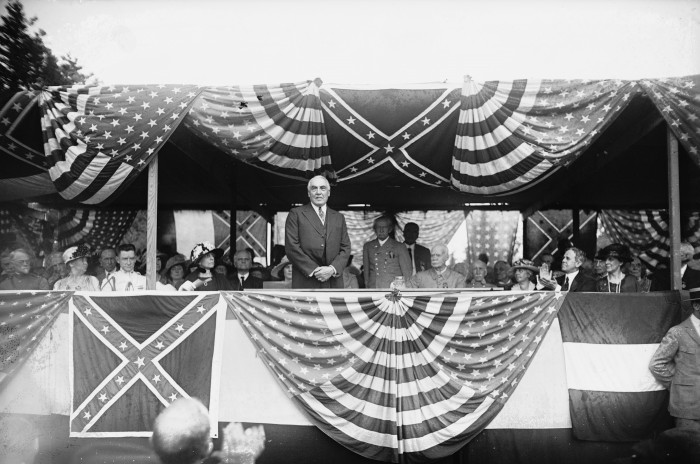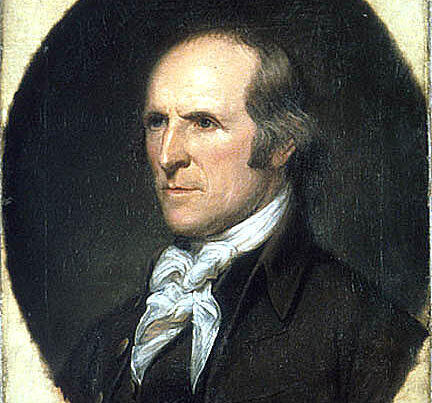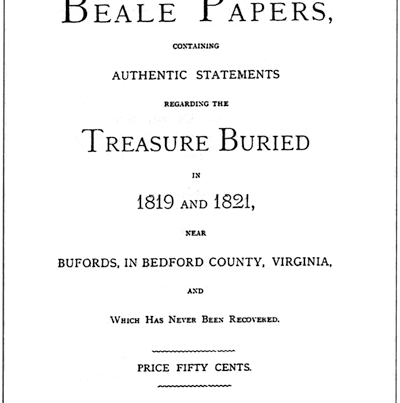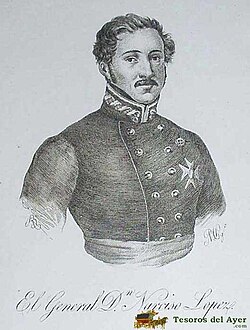The current pogrom against Southern history and symbols ignores the influence the South and the institution of slavery had on most American presidents. American history would not be the same without it. If the current goal is to purge any reminder of slavery and the Confederacy from the public sphere, then nearly every American president would have to be withdrawn from our historical consciousness. Nineteen presidents either were slaveholders, from slaveholding families, or were married into slaveholding families:
1. George Washington
2. Thomas Jefferson
3. James Madison
4. James Monroe
5. Andrew Jackson
6. Martin Van Buren
7. William Henry Harrison
8. John Tyler
9. James K. Polk
10. Zachary Taylor
11. Abraham Lincoln
12. Andrew Johnson
13. U.S. Grant
14. Benjamin Harrison
15. Theodore Roosevelt
16. Woodrow Wilson
17. Franklin D. Roosevelt
18. Jimmy Carter
19. Barack Hussein Obama
Of these nineteen, thirteen had family members who fought for the Confederacy: Washington, Jefferson, Madison, Jackson, Tyler, Polk, Taylor, Lincoln, A. Johnson, T. Roosevelt, Wilson, and Carter, while Presidents Harry Truman, Lyndon Johnson and Bill Clinton all had Confederate ancestors as well. The Clinton campaign crafted Confederate Battle Flag “Clinton/Gore” pins in 1992.
George H.W. and George W. Bush hail from the New England slave trading Walker family.
Barack Obama’s Kenyan family, as part of the Luo tribe, most certainly engaged in the East African slave trade selling Africans to Muslims. This trade was older and more pervasive than the more famous West African trade.
Several presidents were either sympathetic to the South, opposed the War at some point between 1861 and 1865, or had favorable opinions of the South and Southerners in general:
1. Millard Fillmore was sympathetic to Southern slaveholders, favored colonization, and sought peace in 1864. For that, he was labeled a traitor and a Copperhead.
2. Franklin Pierce was sympathetic to the South through close friendships with leading Confederate officials including Jefferson Davis and opposed the War.
3. James Buchanan was sympathetic to Southern slaveholders. His “close friend,” William King of Alabama, influenced his views.
4. Grover Cleveland opposed Lincoln’s war and honoured ex-Confederates by appointing them to high offices, including a Supreme Court Justice.
5. William McKinley used the first “Southern strategy” in American history during the 1896 presidential campaign. His Southern tour led many Southerners to support him over the much more leftist William Jennings Bryan in the election. McKinley spoke of his admiration for Confederate soldiers.
6. William Howard Taft, Warren G. Harding, and Calvin Coolidge all presided over events honouring Confederate soldiers (with Confederate Battle Flags), with Taft speaking directly to members of the United Daughters of the Confederacy.
7. Dwight D. Eisenhower defended General Lee and Confederate motives during both his administration and his time as a United States General Officer.
8. John F. Kennedy admired John C. Calhoun by classifying him as one of the greatest United States Senators and freely spoke in front of Confederate Battle Flags. He received one as a gift from Senator Fritz Hollings.
9. Richard M. Nixon swept to victory in 1972 with his “Southern strategy” that including Confederate Battle Flag campaign pins.
10. Gerald R. Ford pardoned Robert E. Lee in 1975, an act that would be nearly impossible today.
11. Ronald W. Reagan portrayed sympathetic Confederates in movies as a leading American actor in the 1950s.
12. Donald Trump donated $25,000 to help rebuild Jefferson Davis’s Beauvoir after Hurricane Katrina.
All told, thirty-eight of the forty-three men who have occupied the executive office had ties to slavery, the slave trade, the Confederacy, or held positive views of the South, including the first African-American president, Barack Obama.
Ostensibly, that would leave five Presidents–John Adams, John Quincy Adams, Rutherford B. Hayes, James Garfield, Chester Arthur, and Herbert Hoover–worthy of emulation according to the acceptable narrative outlined by the modern social justice warriors.
But not so fast.
John Adams was friends with several large slaveholders, including Thomas Jefferson, and tolerated the institution for the good of the Union.
Rutherford Hayes appointed Southerners to cabinet positions, supported reconciliation, and removed federal troops from the South to end Reconstruction.
James Garfield said that racial equality gave him “a strong feeling of repugnance” and supported colonization of free blacks in Africa.
Chester Arthur dedicated the Washington Monument (a shining example of slavery) and heaped praise upon Confederate veteran John W. Daniel during the ceremony.
And while Hoover was a champion of civil rights and supported federal aid for Southern blacks during the terrible flooding of the Mississippi in the early 1920s, he also (supposedly) opposed the New Deal and an enlarged general government with “safety net” authority. In other words, he hated the poor, black Americans among them.
As a result, J.Q. Adams should be honoured around the United States as the only true American free from the stains of slavery, the Confederacy, Southern sympathies, or racism, and dedicated to the proposition that all men are created “Equal.”
Of course, he served only one term, did not receive a majority in the popular vote, and won in 1824 through the “corrupt bargain” in the House of Representatives. Perhaps that is because no one could stand the man. Seems the Yankee “Treasury of Counterfeit Virtue” only goes so far toward American political success.
Or better yet, most American presidents have realized that the South, as real America, is key to winning elections.








It’s almost like intergenerational, institutional racism is a thing. Morons.